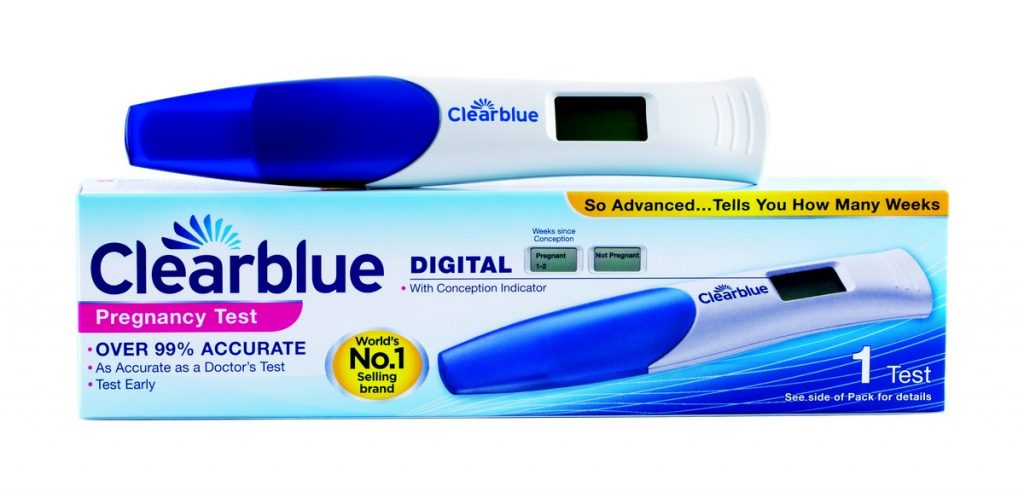So you have decided to start add a new member to your little family and are in the process of trying to get a baby. But the journey turns out not to be as smooth as you imagined it to be.
You have tried so hard and invested a lot of effort into it, but still, there’s no positive result. Where did you go wrong? First, calm down and take it easy. Conception is not an easy process and it can turn out to be one of the hardest things to achieve.
Let’s start with the 3 most common mistakes you might have been doing that could be preventing you from getting pregnant.
Table of Contents
Mistiming
Having regular sex is necessary but to increase the chance of conceiving, it is recommended to have sex on your ovulation day. Typically, woman has a 28-day cycle, which means ovulation generally happens on day 14. But don’t assume it applies to every woman and occurs at the same time each month. Every woman experiences different menstrual cycles, where one might have a slightly shorter or longer cycle compared to others.
Knowing exactly when you ovulate can be tricky but the easy method is to count back 14 days from the day you started your period. Ovulation offers a good chance for you to conceive as it is the peak period for you to fertilise the egg. Do not mistime your ovulation if you are trying to conceive. Instead of guessing when your ovulation is going to occur, you can use an ovulation prediction kit to get a more accurate answer.
Not having enough sex
Having too much sex could be a problem, but not having enough sex also can contribute to the problem of conceiving. Couples always have this perception that they need to save up on sperm for the time when the spouse is on her most fertile period. So they end up barely having no sex at all and only do it once in a month. Do you know that not having sex has the potential of causing the man to produce less healthy sperm?
Nip this problem in the bud by having sex on a regular basis if you are trying to conceive. If you only choose to have sex on certain days of the month, it won’t help you that much as it is not easy to hit the jackpot. Consider this: sperm has the potential to survive up to 24-48 hours, so it is highly recommended for you to have sex 4 to 6 days prior to ovulation and continue doing so for another 4 to 6 days after it. This might increase your chances of conceiving a baby.
Sticking to unhealthy habits
The first thing you need to consider is to get rid of unhealthy habits or change your lifestyle if you plan to conceive a baby. The worst mistake a couple may commit is to practice unhealthy habits such as drinking alcohol, smoking or even use illegal drugs. They don’t realise that these habits have the ability to negatively impact their fertility.
Unhealthy habits and lifestyles are not only limit to alcohol or cigarettes; binge eating or having an unhealthy diet that include fast food and processed foods that offer zero nutritional value can also negatively affect your fertility. It is also suggested that you should not be too thin or excessively overweight. Keep a balanced, nutritious and healthy diet from now on. Bear in mind that you also need to be stress-free and having enough sleep to balance your hormones.
Be sure to use Clearblue Digital Pregnancy Test with Conception Indicator
Now you know all the mistakes that you should avoid if you are trying to conceive. Start changing your habits and lifestyles and increase the chance to get pregnant! The Clearblue Digital Pregnancy Test with Conception Indicator is the first and the only test that is as accurate as an ultrasound scan.
It indicates how many weeks since conception occurred; either 1-2, 2-3 or more than 3 weeks thanks to its Smart Dual Sensor™. This pregnancy test offers the most accurate result with over 99% accuracy from the day of your expected period. So are you ready to embark on the remarkable journey of parenthood?




















